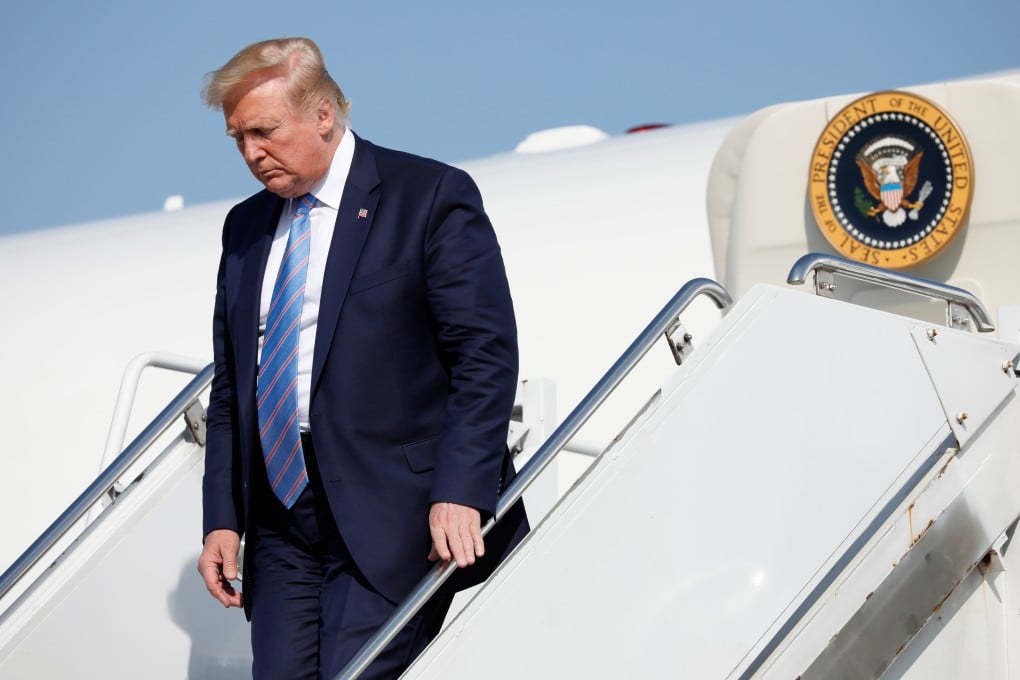Chinese state media questions whether US trade talks should continue after Donald Trump’s ‘destructive’ tariff threat
- Commentary published in official outlet asks whether there is any point continuing negotiations after the US president’s recent announcement
- Beijing also rejects accusation that it has not done enough to stop imports of fentanyl, the drug blamed for thousands of deaths in the US

Chinese state media has expressed pessimism about whether trade talks with the United States should continue after Donald Trump threatened new tariffs within days of negotiations resuming last week.
Senior officials also hit back at the US president’s accusation that China had failed to stop the import of the synthetic drug fentanyl, which has been blamed for fuelling the opioid crisis that has claimed thousands of lives in America.
In a commentary published on Saturday by Taoran Notes – a social media account affiliated with the Economic Daily newspaper – sought to hit back at the US decision by publishing an analysis describing Trump’s latest tariff threats as “destructive”.
“The US has again stepped back from their promises for two reasons: to pressure China into fulfilling [America’s] expectations in the deal, and to attain someone’s political aims by meddling in the Sino-US trade talks,” the commentary said.
“China has no interest in domestic US politics at all but has been kidnapped to be used for this purpose for multiple times. As [the US] continues to flag new tariffs, is there a necessity to continue the trade talks in the near future?.....It depends on the attitude of the US.”